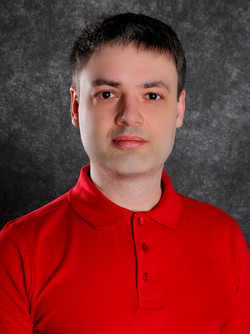PD Dr. Alexander Grayver

| Address | Pohligstr. 3, 50969 Köln |
|---|---|
| Room | 3.204 |
| Phone | +49 (0)221 470-3679 |
| Fax | +49 (0)221 470-5161 |
| agrayver |
N.B. My personal website is www.agrayver.com, please check there for up-to-date news and a complete research profile. For publications, see my Google Scholar page.